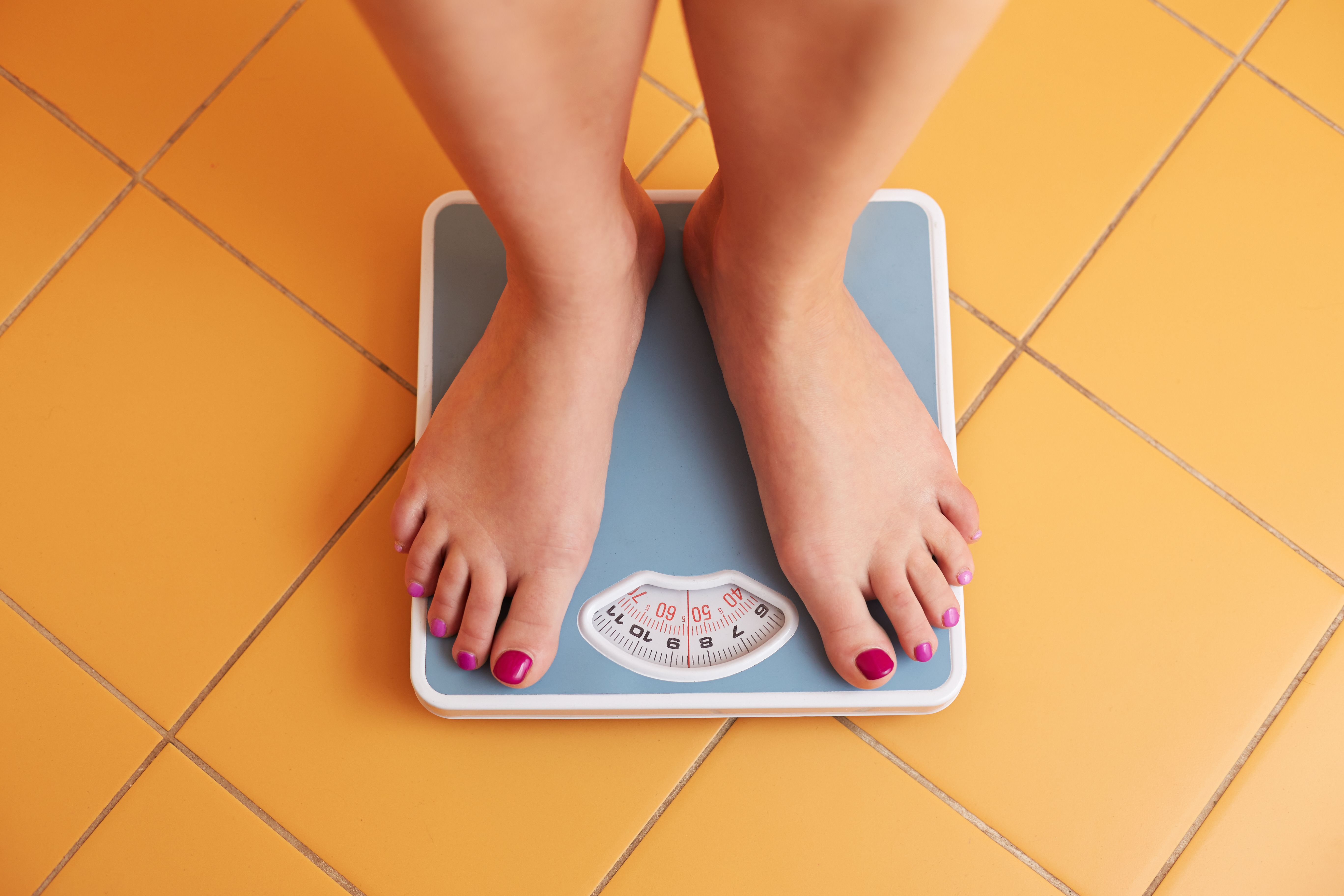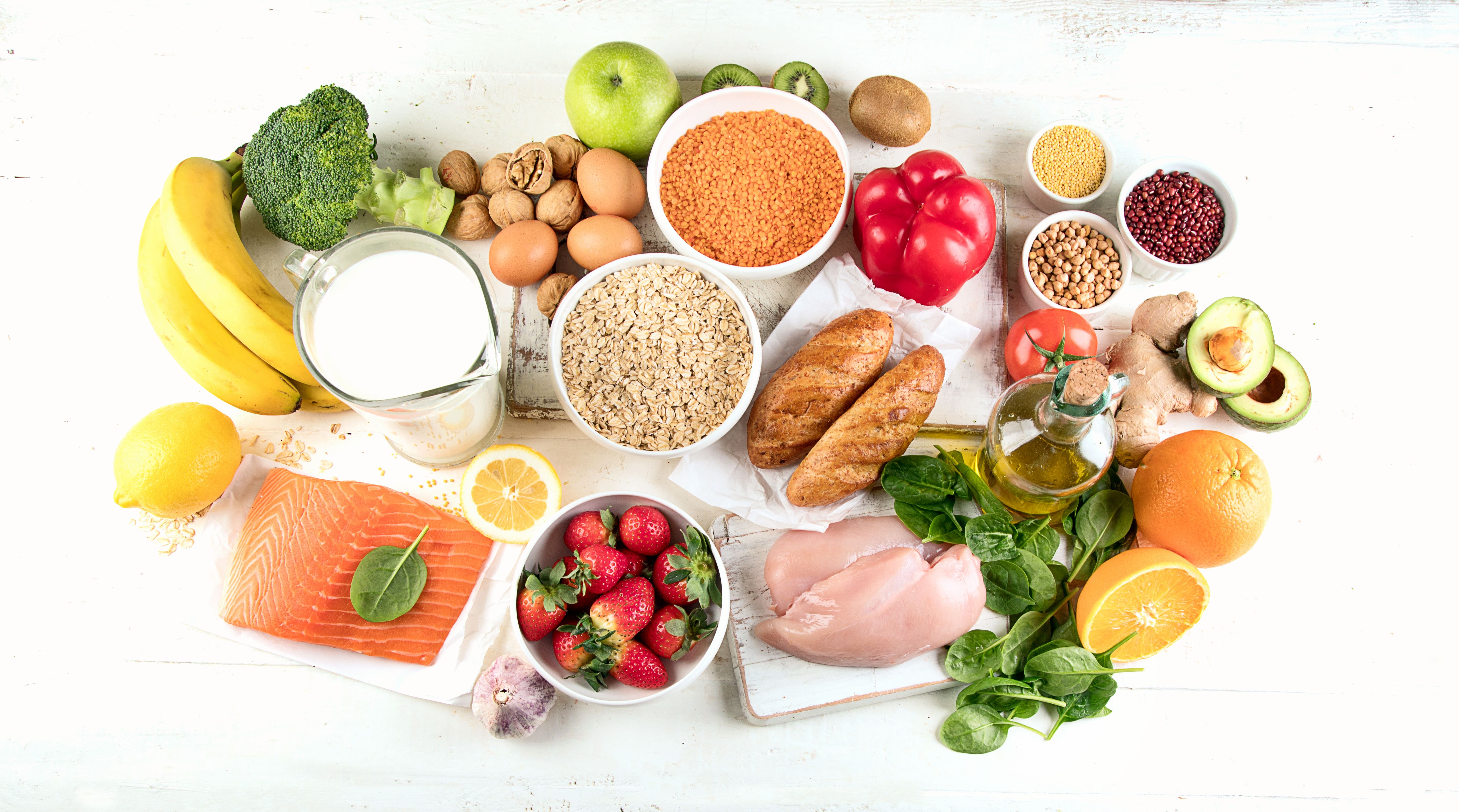Managing your weight to prevent chronic venous disease

Excess weight can put pressure on your veins, leading to chronic venous disease, hence the importance of weight management to maintain healthy veins.
How may weight loss improve your vein health?1,3-5
Your veins play a vital role in your circulatory system. They make up a network of connecting tubes throughout the human body, ranging in size from 1 mm to 2 cm, and are responsible for returning deoxygenated blood from various parts of your body back to the heart. This is facilitated through the vein valves, one-way structures that allow blood to flow toward the heart but not backward due to gravity. So, healthy veins ensure smooth blood flow, preventing blood from pooling and forming clots.
Excess weight can be detrimental to your veins as it places pressure on them, particularly those in your legs. This pressure can weaken the valves in your veins, making it harder for them to push blood back up to your heart. When these valves don’t function properly, blood can pool in your veins, leading to chronic venous disease, such as blood clots, varicose veins and chronic venous insufficiency. For instance, being overweight or obese can increase your chances of developing varicose veins. It can also cause existing varicose veins to become painful or swollen.
Weight loss helps alleviate this extra pressure on your veins, which promotes improved blood flow and helps reduce your risk of chronic venous disease. This can also help reduce pressure on existing varicose veins and prevent them from becoming more severe. Weight loss can also make professional treatment for varicose veins more effective if you have obesity. Losing weight can also reduce your risk of developing more serious chronic venous disease, such as venous thromboembolism, linked to obesity.
So, if you meet the criteria for overweight or obesity, weight loss can be beneficial to prevent chronic venous disease, to manage symptoms or to keep them from getting worse. If you already have a healthy weight, maintaining it can have similar benefits.
Which chronic venous diseases are associated with obesity?3-5

The chronic venous diseases that are commonly associated with obesity include:
-
Varicose veins:
Are enlarged, twisted veins that often appear on the legs and can be painful and unsightly. Obesity increases the risk of developing varicose veins due to the added pressure on the veins in the lower extremities. These veins can become weakened and inefficient at returning blood to the heart, resulting in the characteristic bulging and twisting.
-
Spider veins:
Are smaller than varicose veins and often red, blue, or purple in appearance, they tend to occur closer to the surface of the skin and are commonly seen on the legs. Obesity can contribute to the development of spider veins, as excess weight can hinder blood flow and weaken the tiny blood vessels near the skin’s surface.
-
Chronic venous insufficiency:1,2,4
Is a condition where the veins struggle to return blood to the heart, causing symptoms such as swelling, pain, and skin changes in the affected area. Obesity is a risk factor for chronic venous insufficiency, as the increased pressure on the veins can lead to valve dysfunction, making it harder for blood to flow upward against gravity.
-
Deep vein thrombosis:
Occurs when blood clots form in the deep veins of the legs. It can lead to serious complications if left untreated. Obesity contributes to deep vein thrombosis by both increasing pressure on the veins and promoting a pro-inflammatory state that encourages clot formation.
How to manage your weight to prevent chronic venous disease1,2,4,5

Here are practical steps you can take to manage your weight and promote optimal venous health:
-
Maintain a balanced diet:
A healthy diet is the cornerstone of weight management and prevention of chronic venous disease. Indeed, one of the most effective ways to manage your weight and support vein health is by adopting a balanced diet. This can help you achieve and maintain a healthy weight and reduce inflammation in your body. While limiting your intake of processed foods, sugary beverages, and high-fat meals, focus on a diet rich in:-
Fruits and vegetables: rich in vitamins, minerals, and antioxidants, they support vein health by reducing inflammation and strengthening vein walls.
-
Lean proteins: such as chicken, fish, beans, and legumes help build and repair tissues, including those in your veins.
-
Whole grains: like oats, quinoa, and brown rice provide essential fiber, which can help regulate weight and reduce pressure on veins.
-
Healthy fats: such as avocados, nuts, seeds, and olive oil. These fats support overall cardiovascular health and can help maintain a healthy weight.
-
-
Regular exercise:
Physical activity plays a crucial role for weight loss. Aim for at least 150 minutes of moderate-intensity aerobic exercise or 75 minutes of vigorous-intensity aerobic exercise each week. Exercise helps increase blood flow, strengthen your muscles, and reduce excess weight, all of which contribute to healthier veins. Types of beneficial exercise include:
-
Cardiovascular exercise: activities such as walking, jogging, swimming, and cycling improve blood flow and promote cardiovascular health.
-
Strength training: building muscle through weightlifting or bodyweight exercises can help support your veins and improve overall circulation.
-
Flexibility and balance exercises: yoga and Pilates can enhance flexibility and balance, reducing the risk of vein-related issues.
-
-
Lose weight gradually:
Rapid weight loss can put added stress on your veins and increase the risk of weight regain. Slow and steady weight loss is safer. -
Maintaining a healthy weight:
While diet and exercise are critical components of weight loss, there are additional strategies you can employ to maintain a healthy weight and support vein health. Implement these behavioral changes to manage your weight:
-
Set realistic goals: aim for gradual, sustainable weight loss rather than quick fixes. Small, consistent changes are more likely to lead to long-term success.
-
Monitor your progress: track your weight, food intake, and physical activity to stay accountable and make necessary adjustments.
-
Seek support: join a weight loss group or work with a health care provider or nutritionist for guidance and encouragement.
-
-
Managing stress:
When stressed, your body releases hormones that can lead to increased appetite and fat storage, particularly around the abdomen. These are some stress management techniques:
-
Mindfulness and meditation: can help reduce stress and improve your overall well-being.
-
Physical activity: is a natural stress reliever. Engage in activities you enjoy, to help manage stress levels.
-
Adequate sleep: ensure you get enough quality sleep each night. Lack of sleep can increase stress and negatively affect your weight loss.
-
Chronic venous disease as well as obesity are medical conditions that should always be evaluated by a doctor to know treatment possibilities.